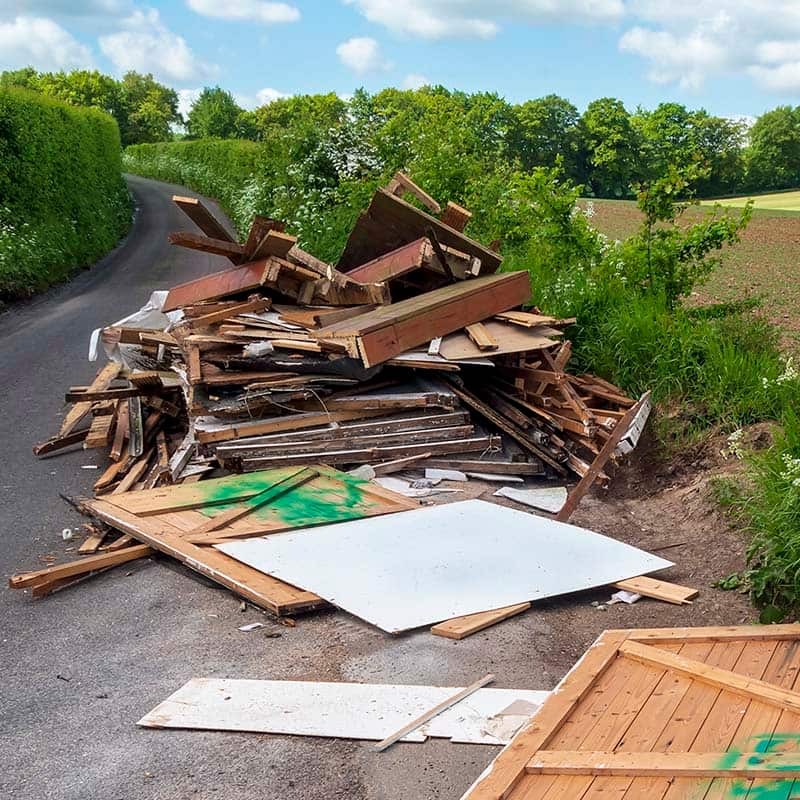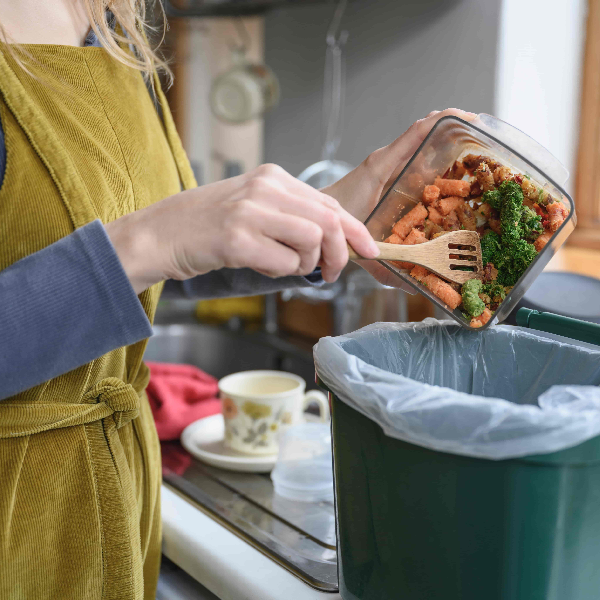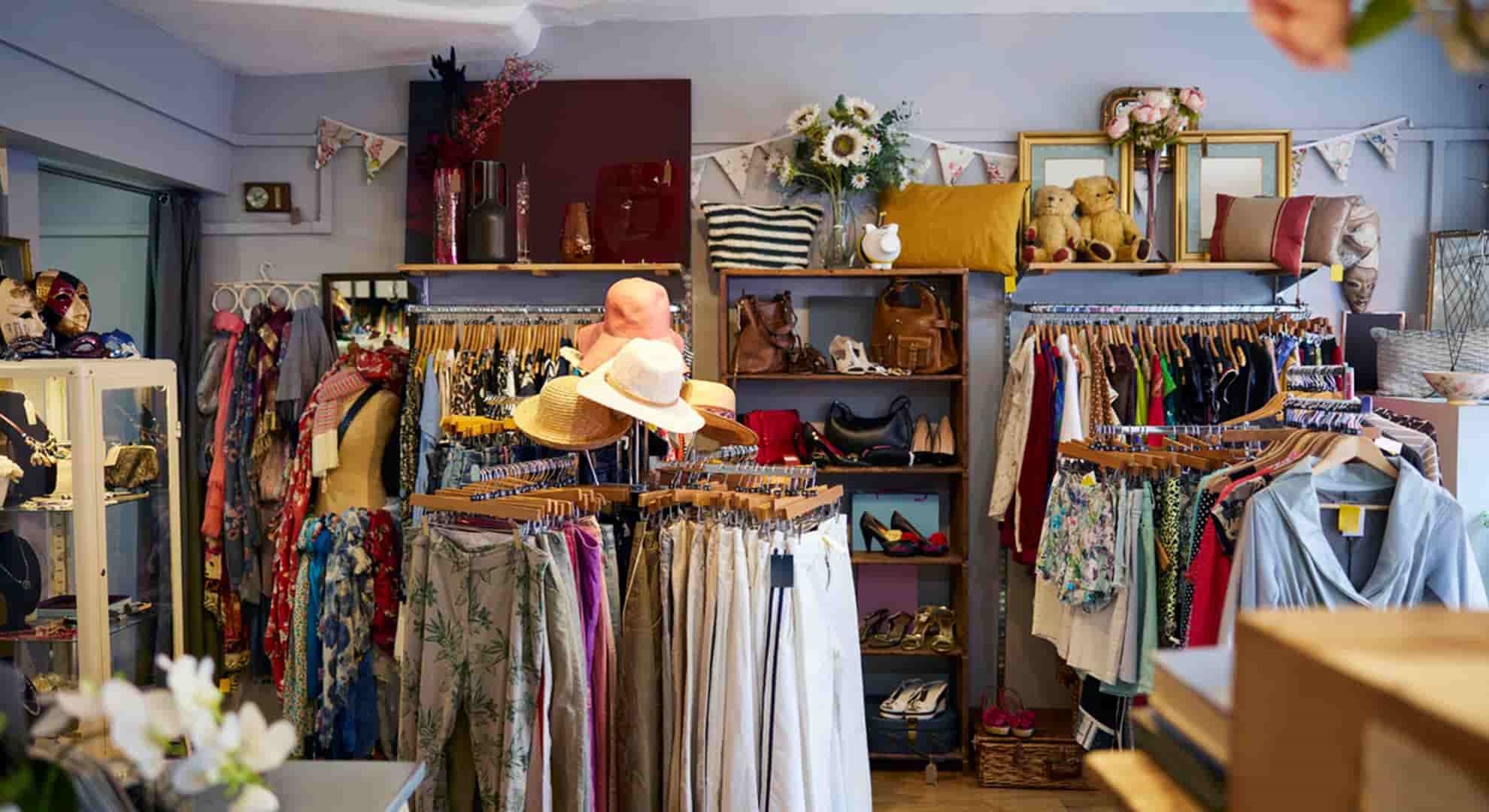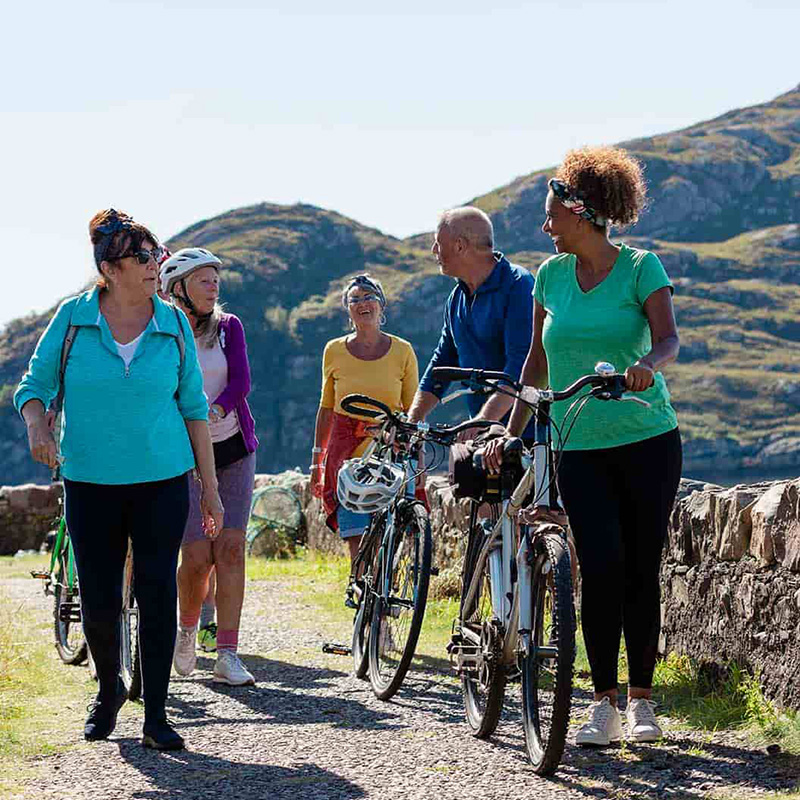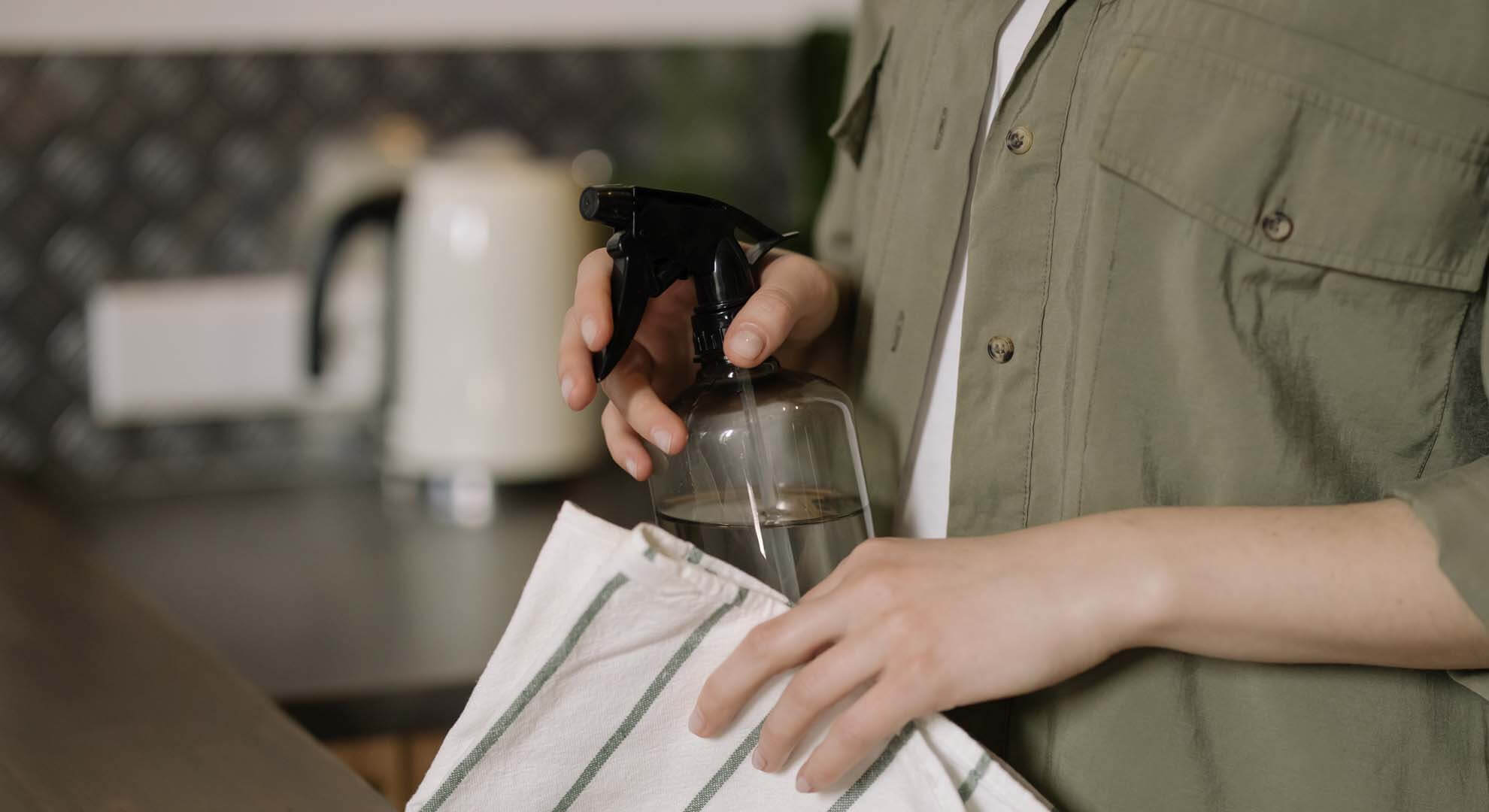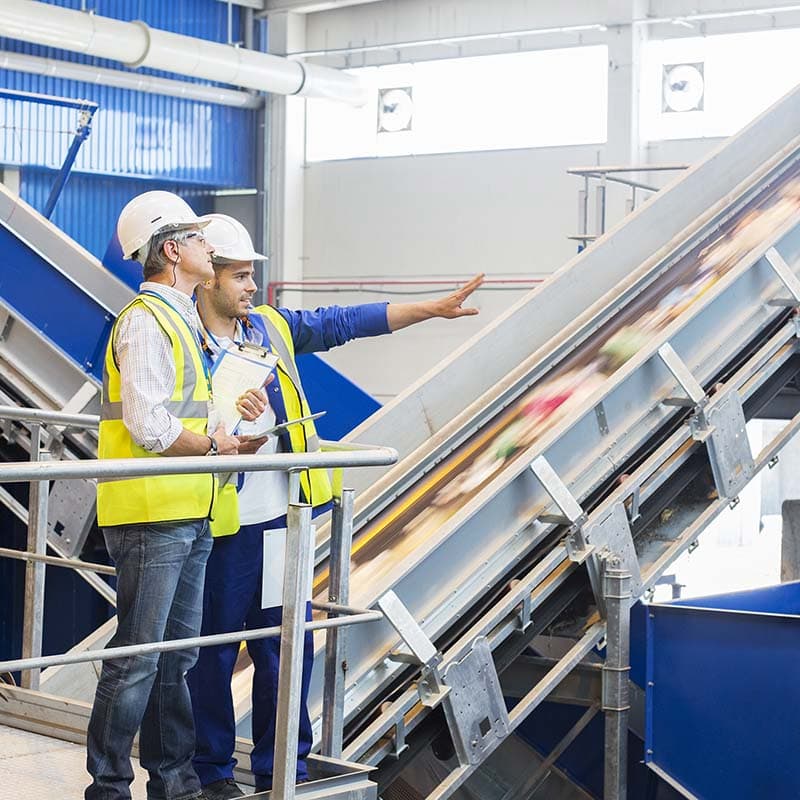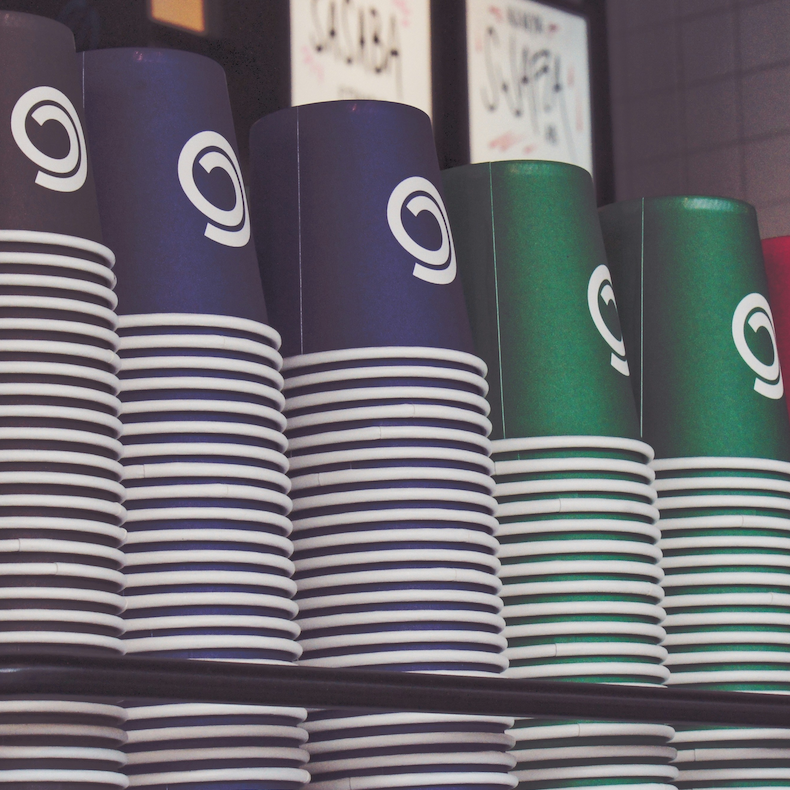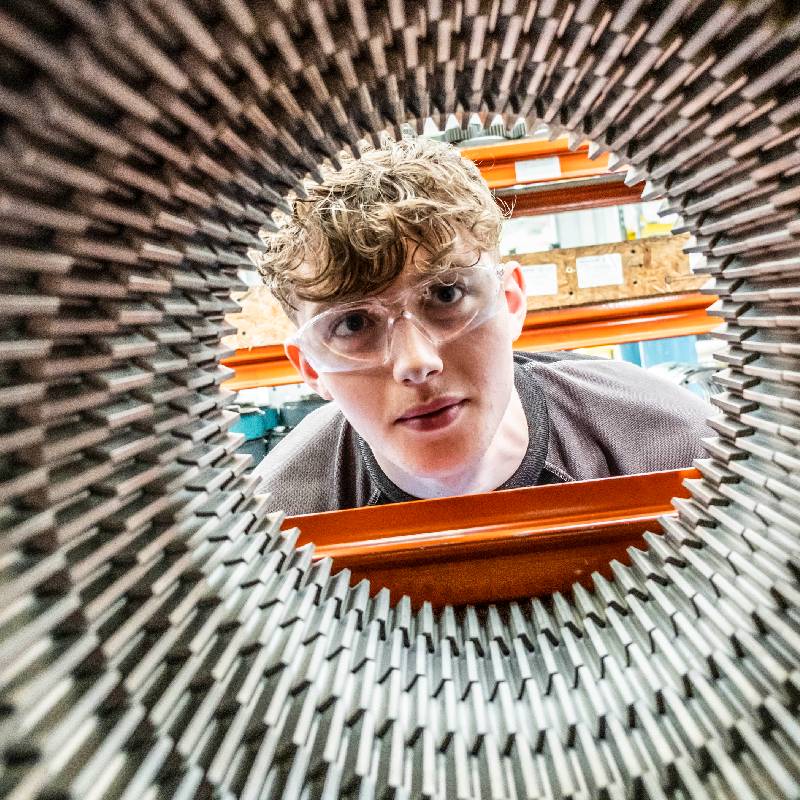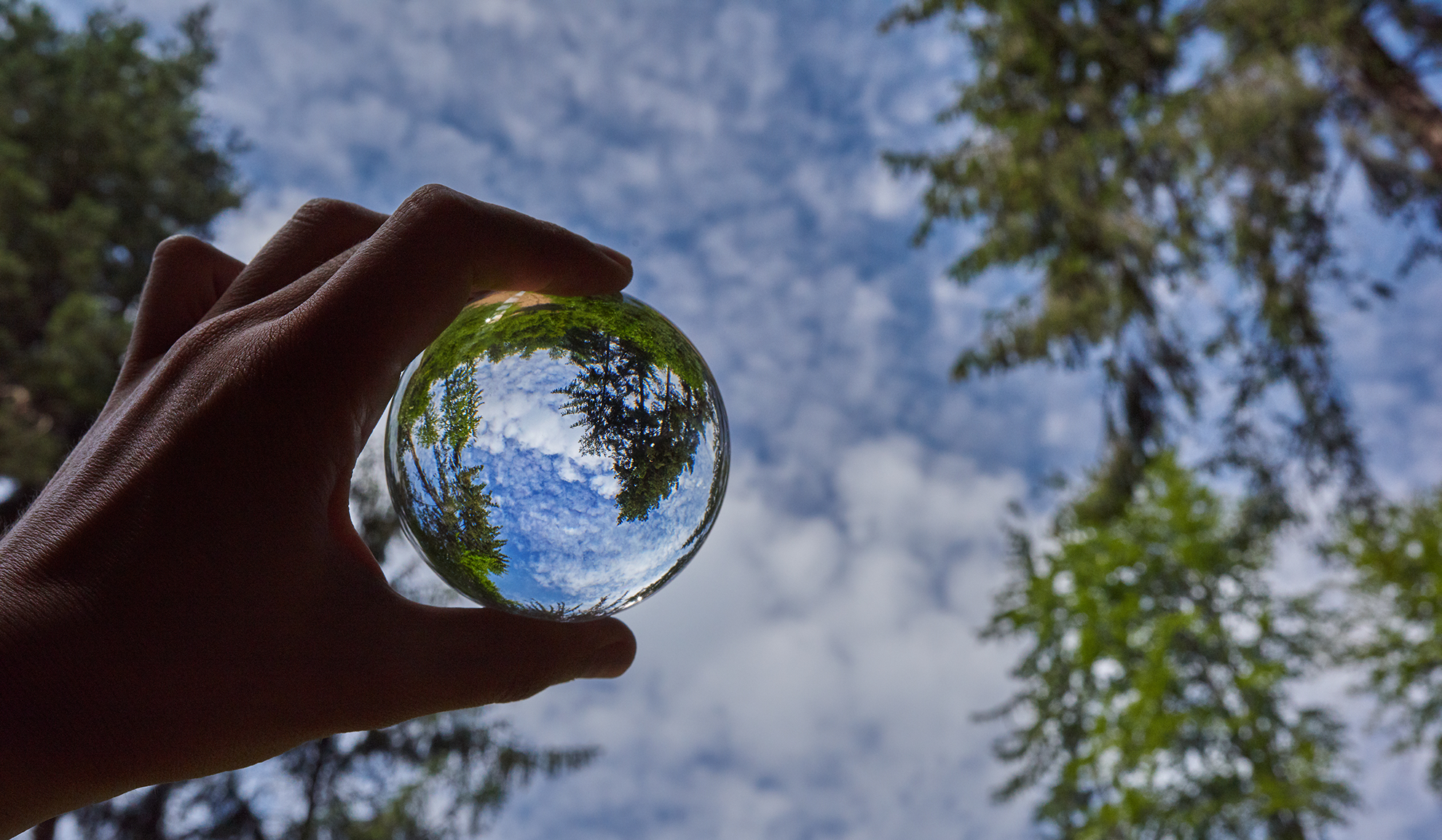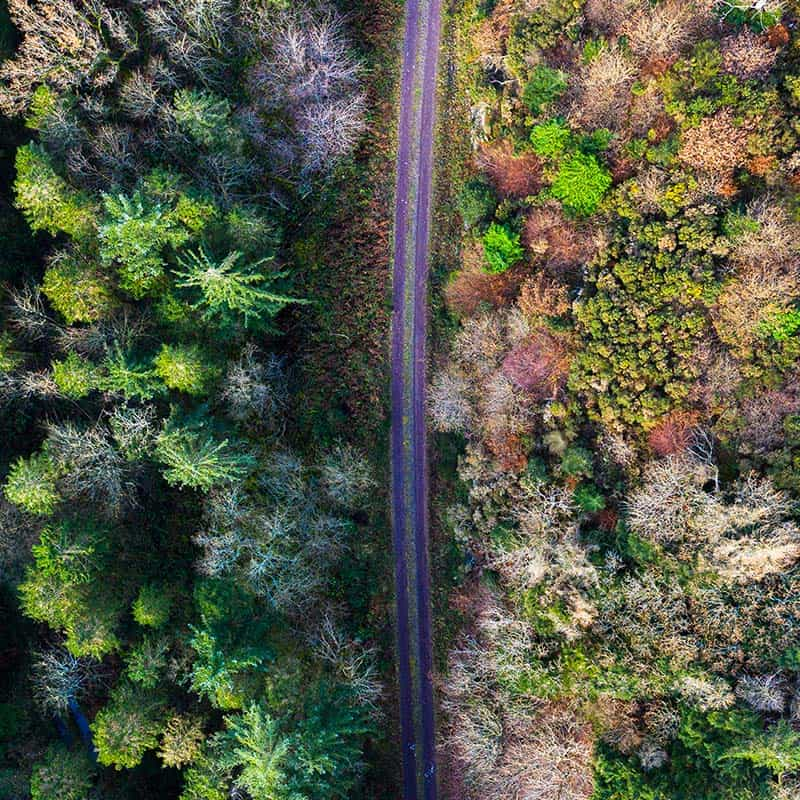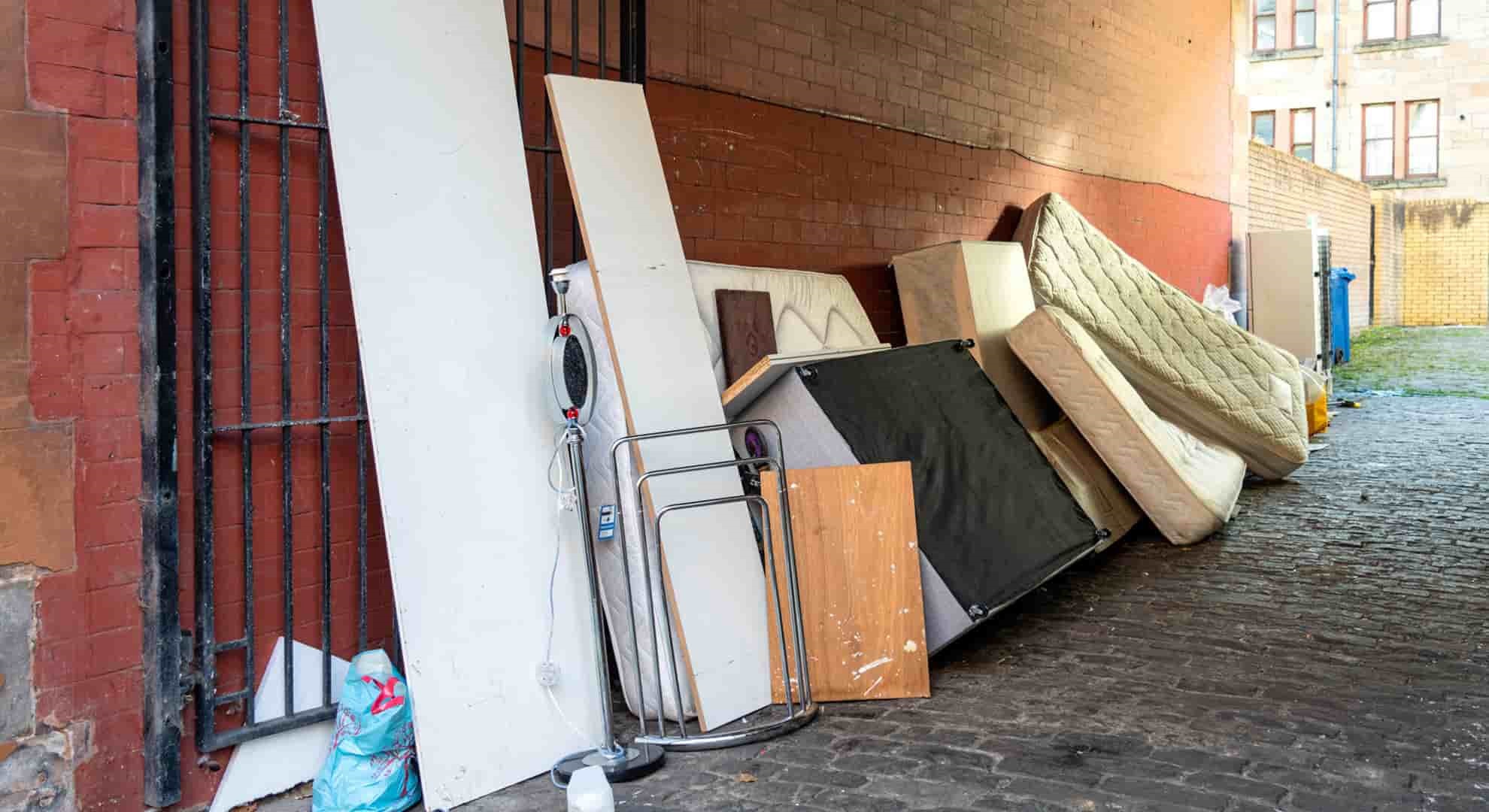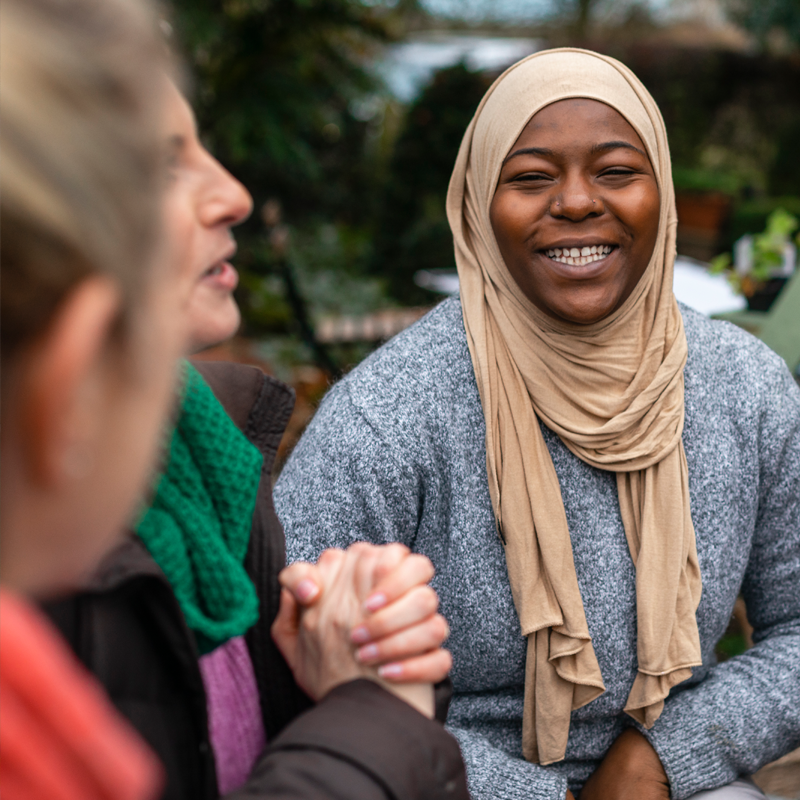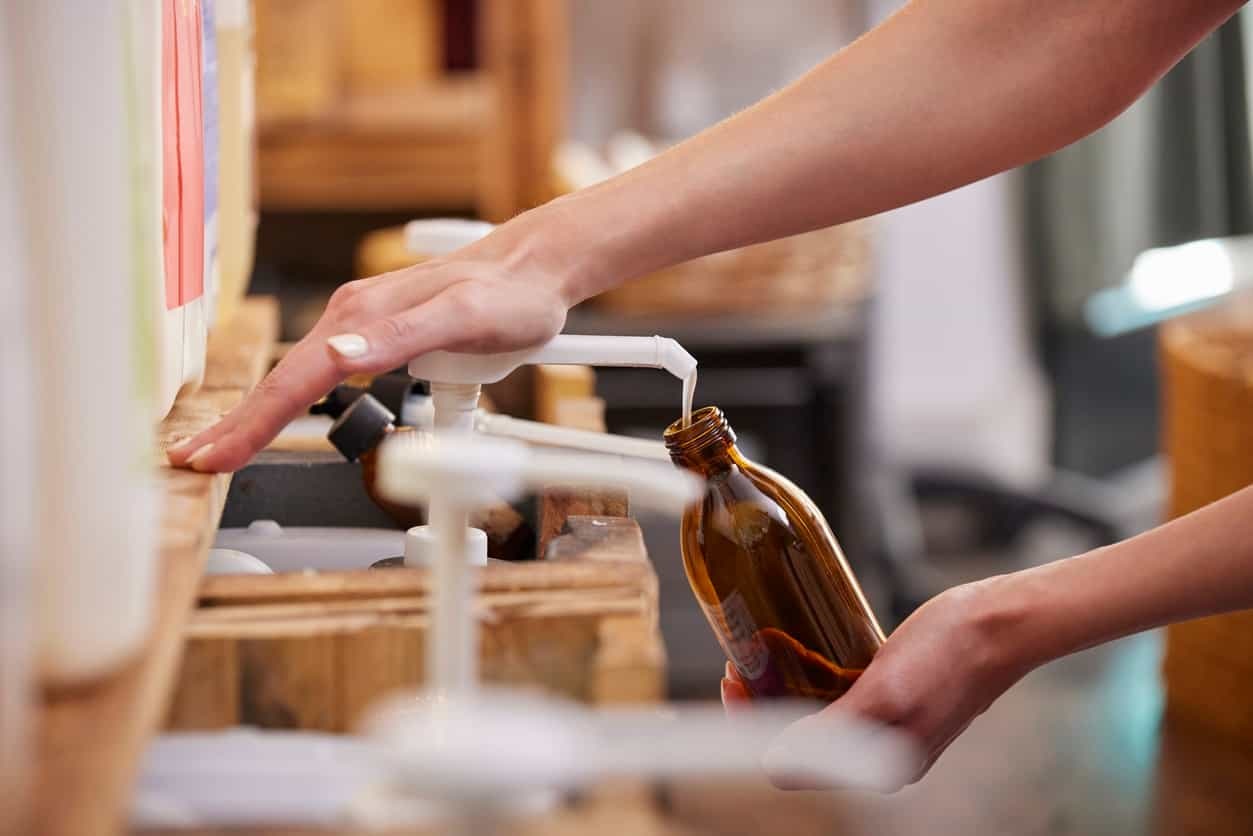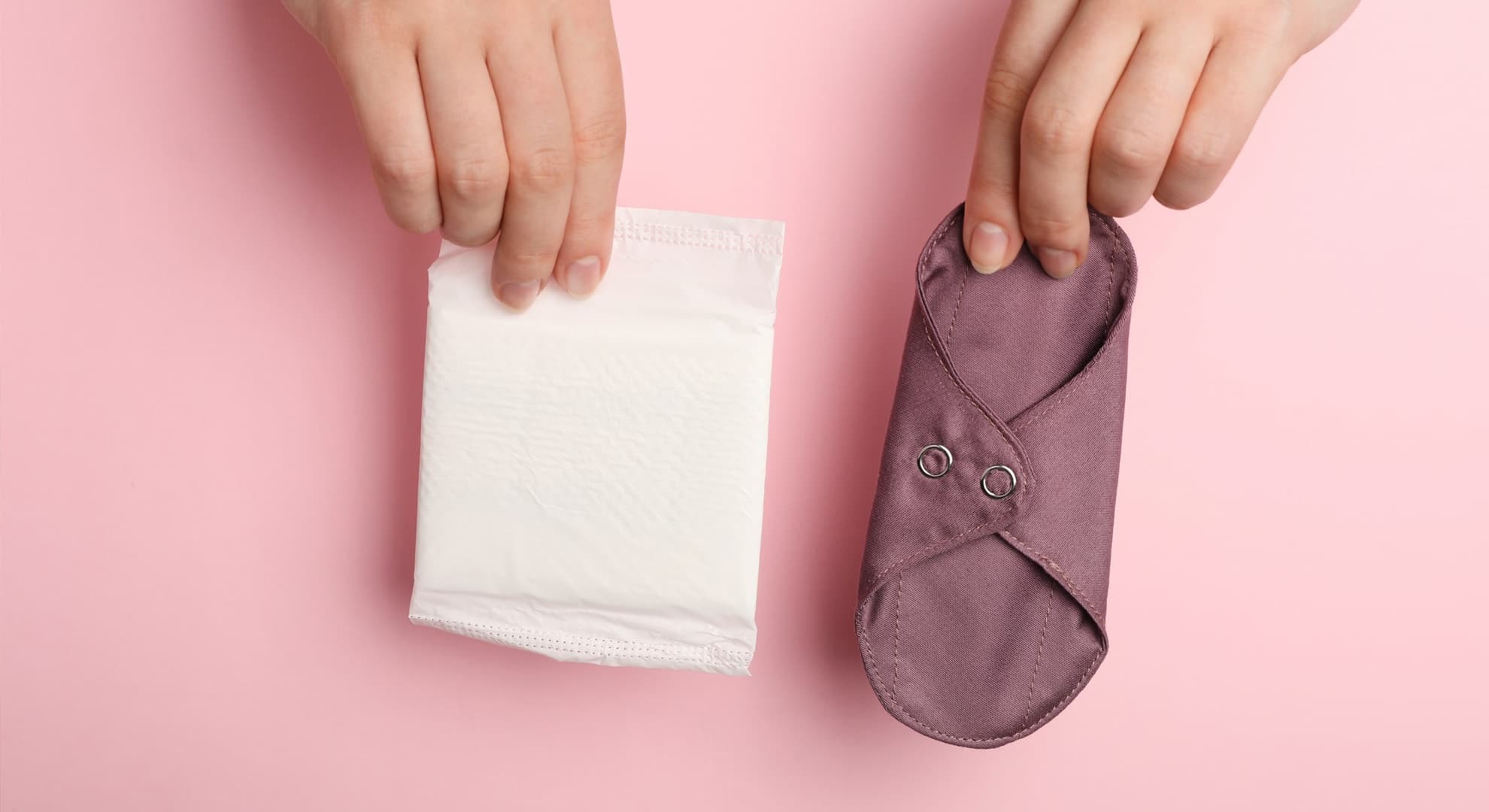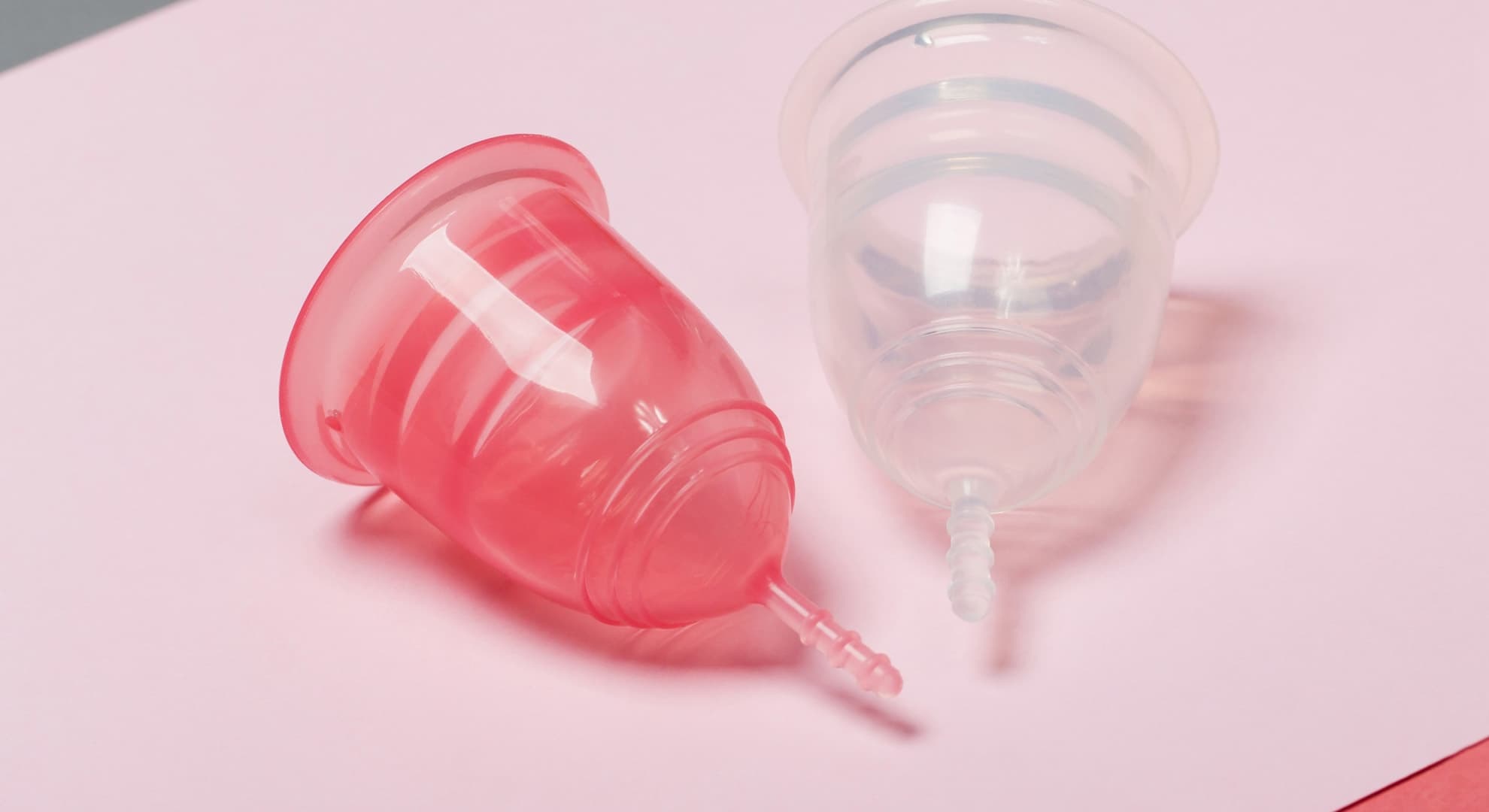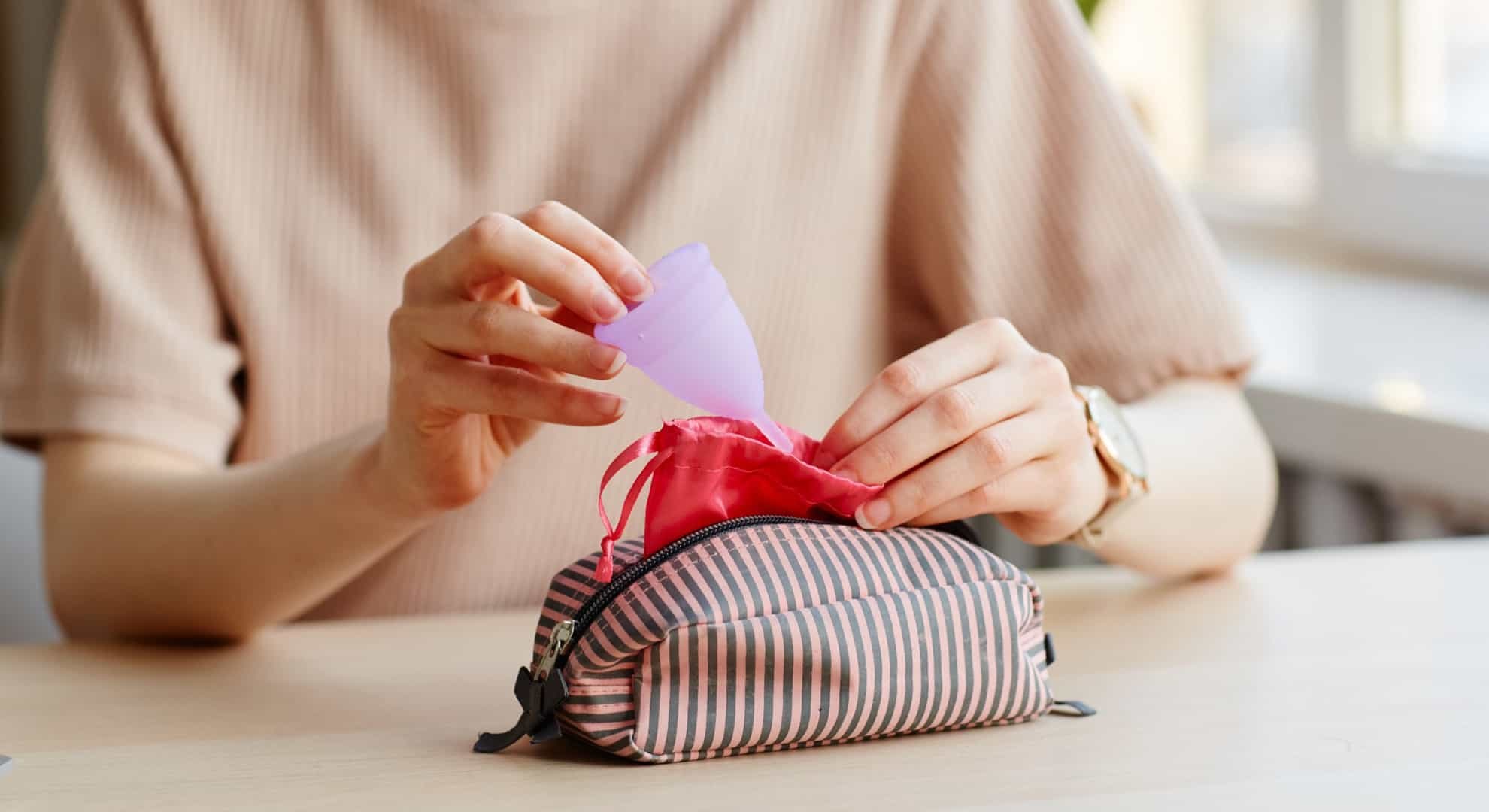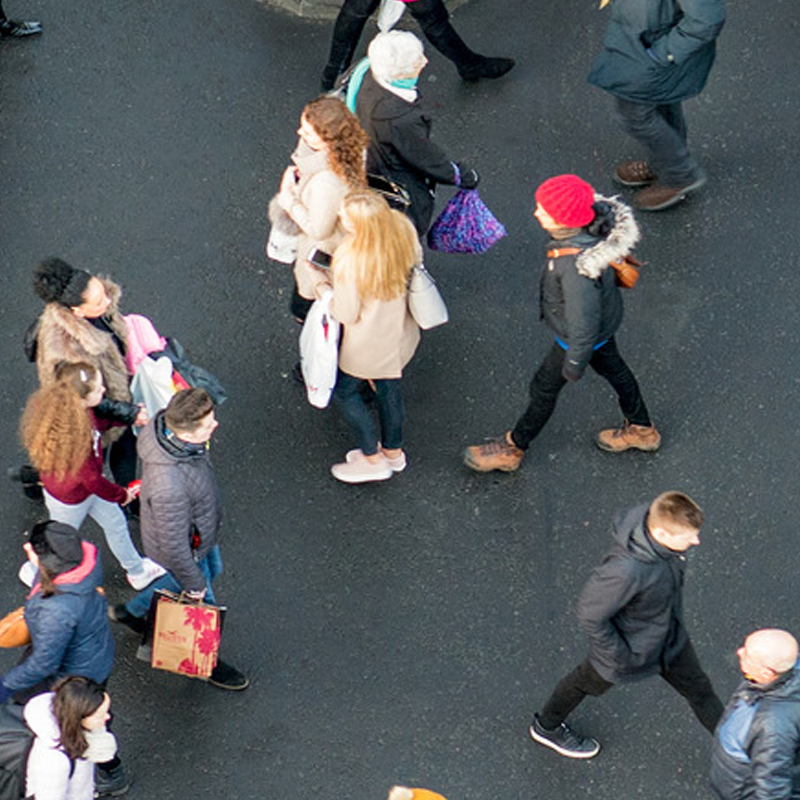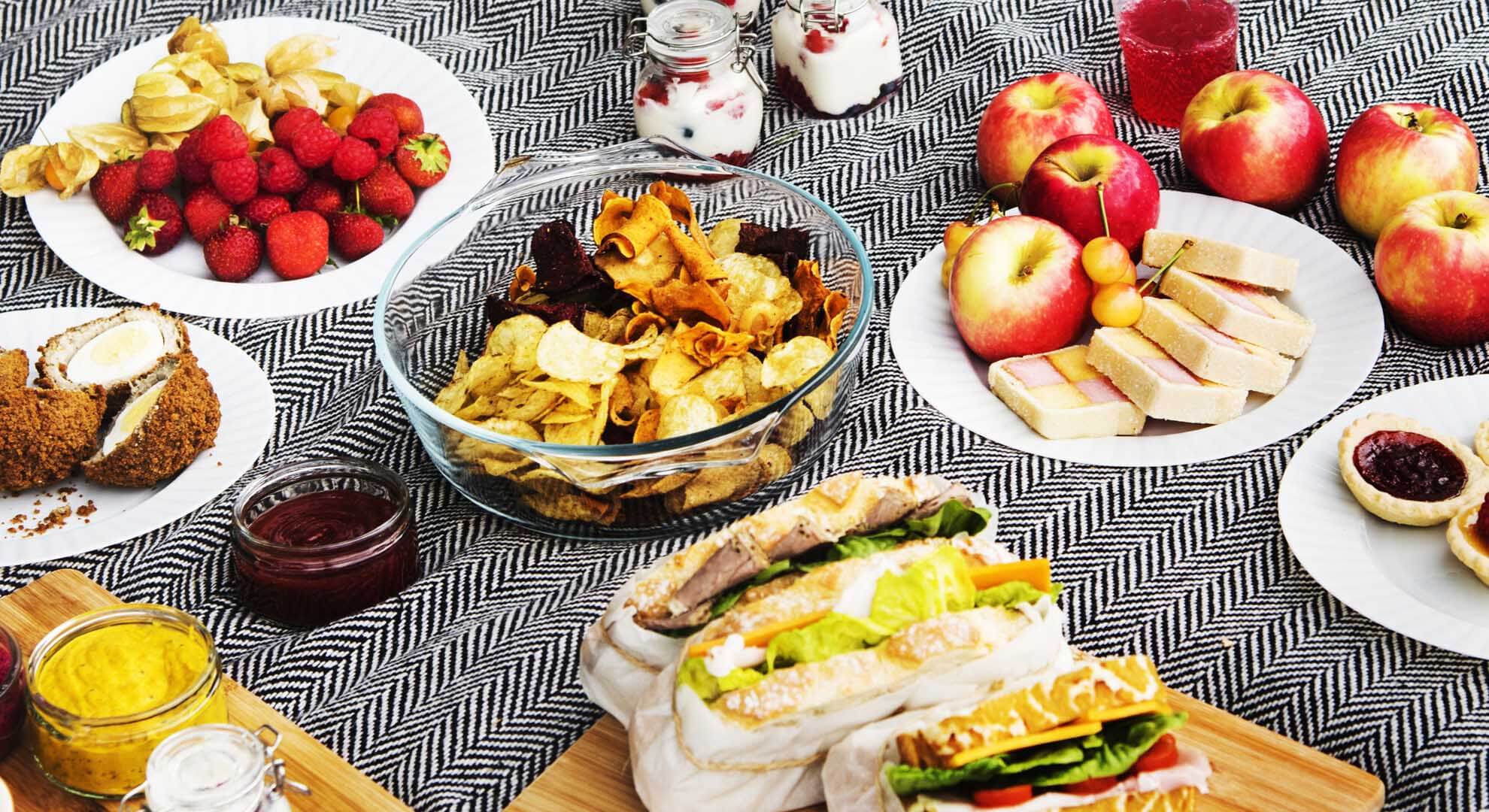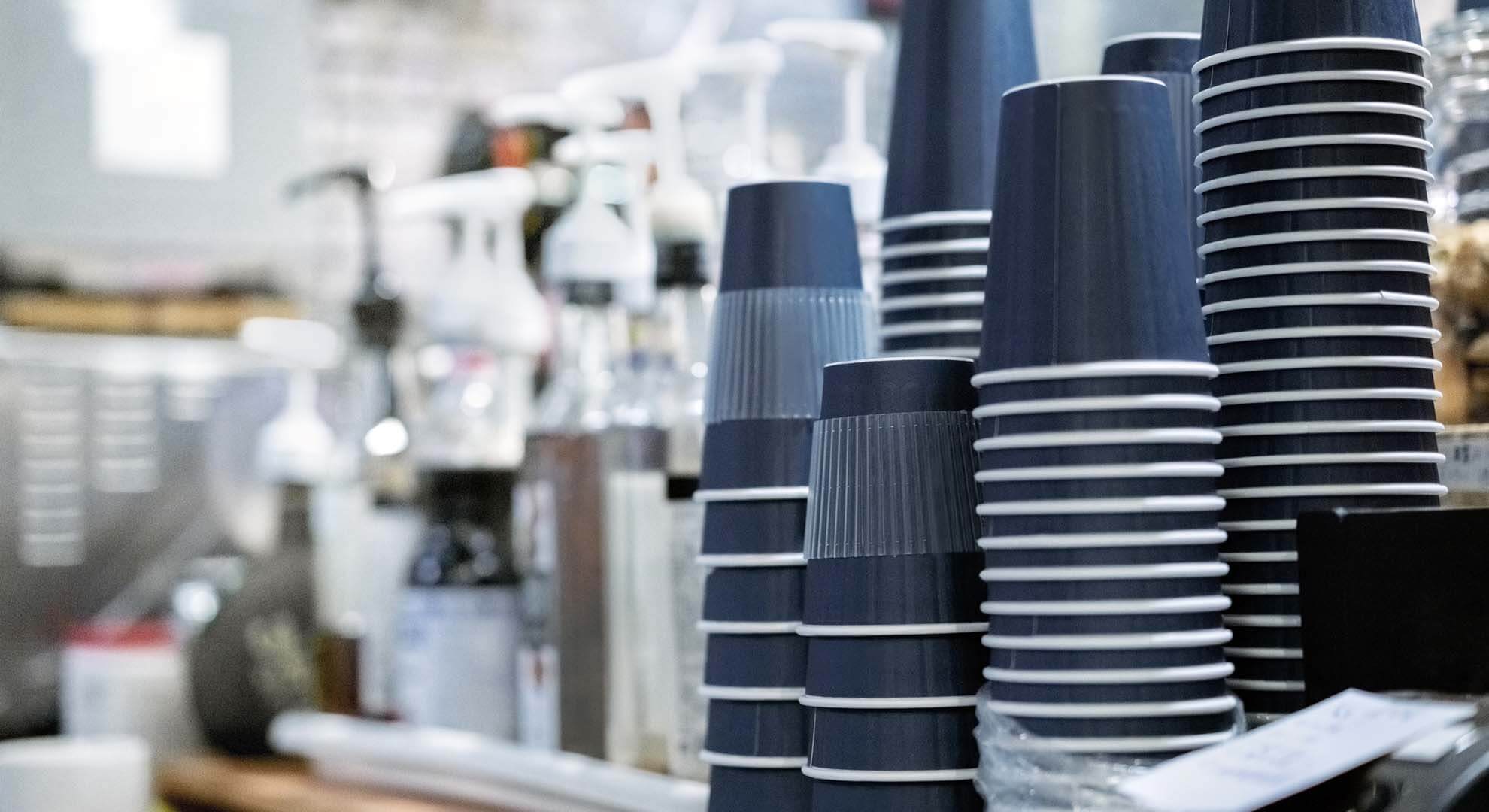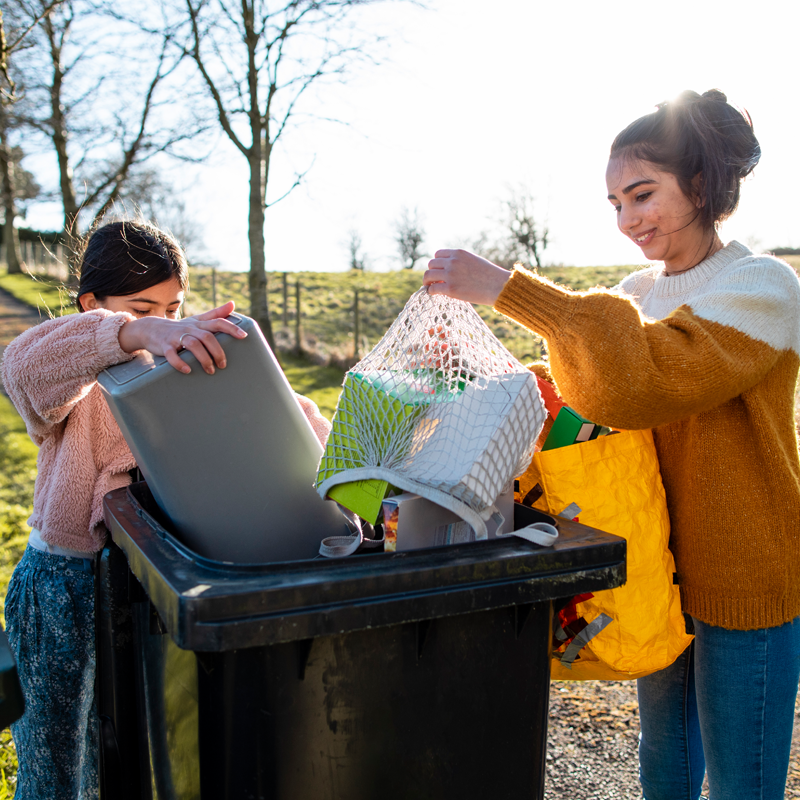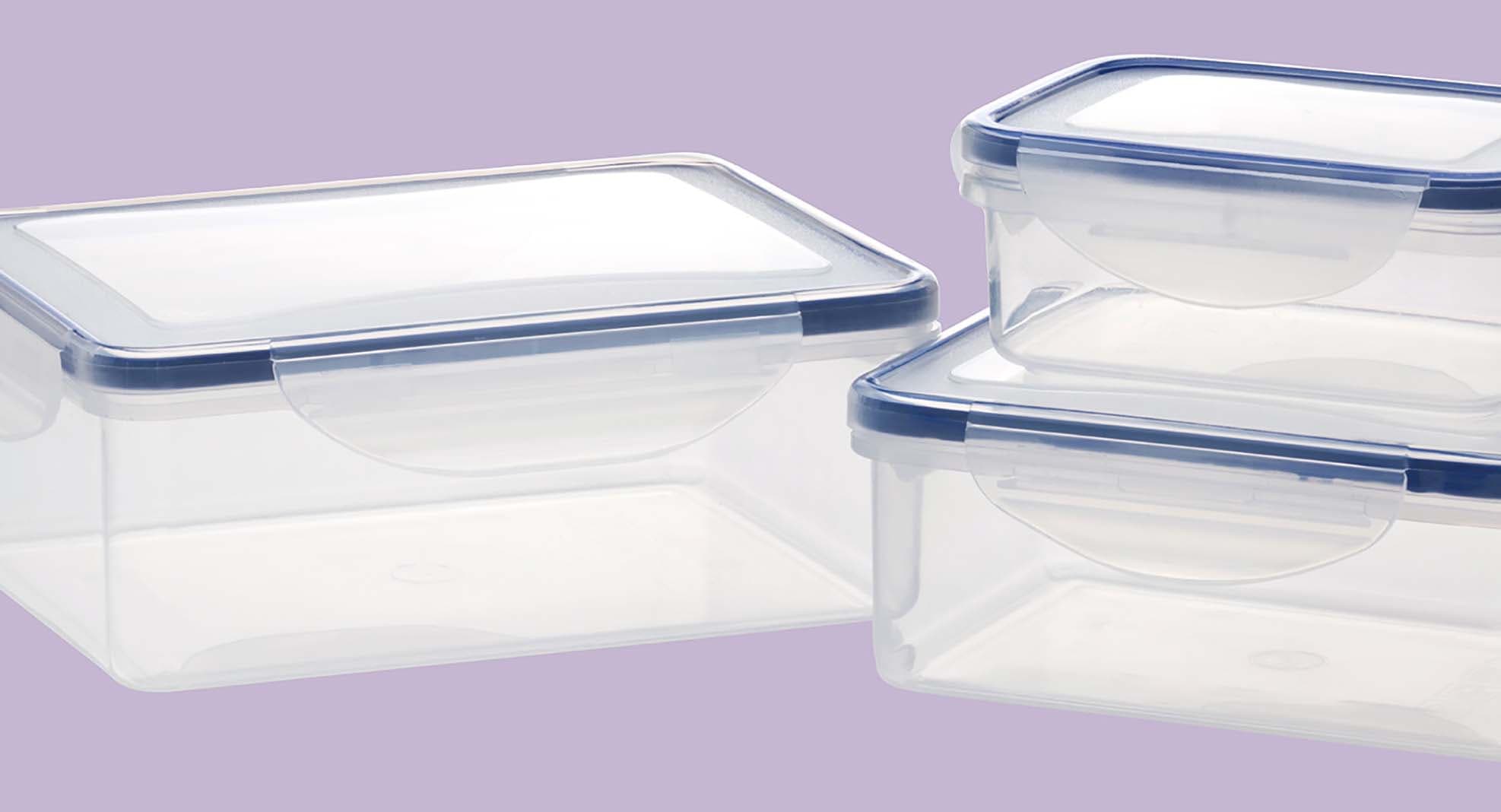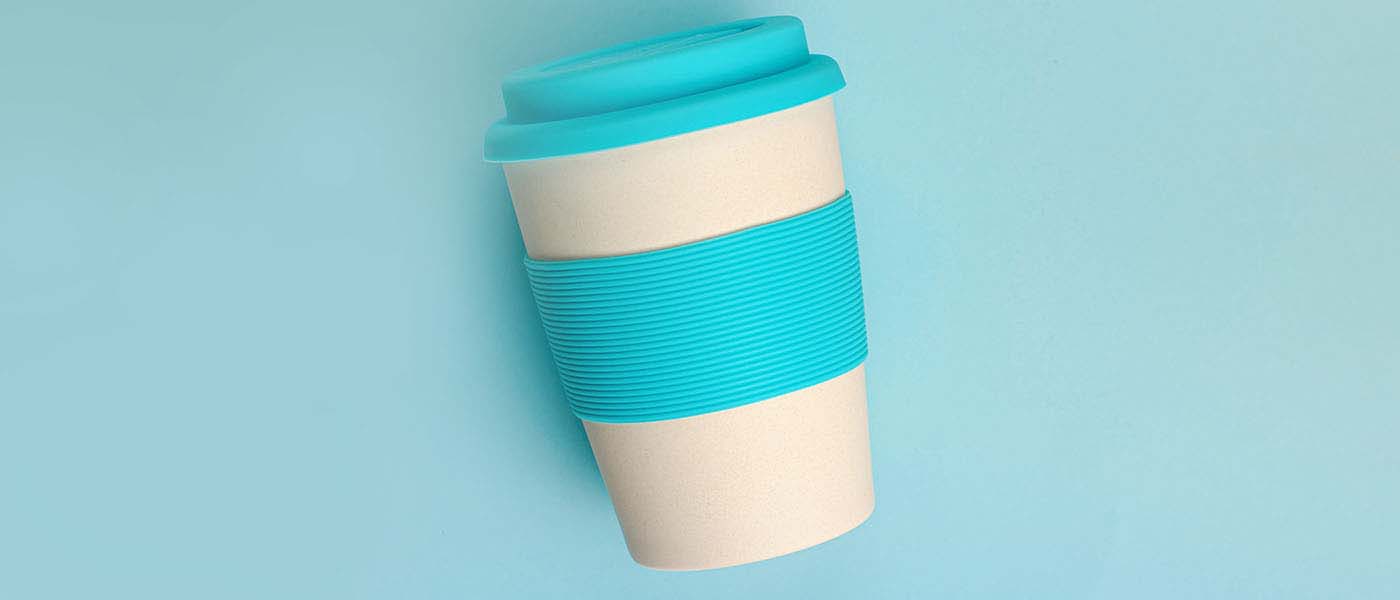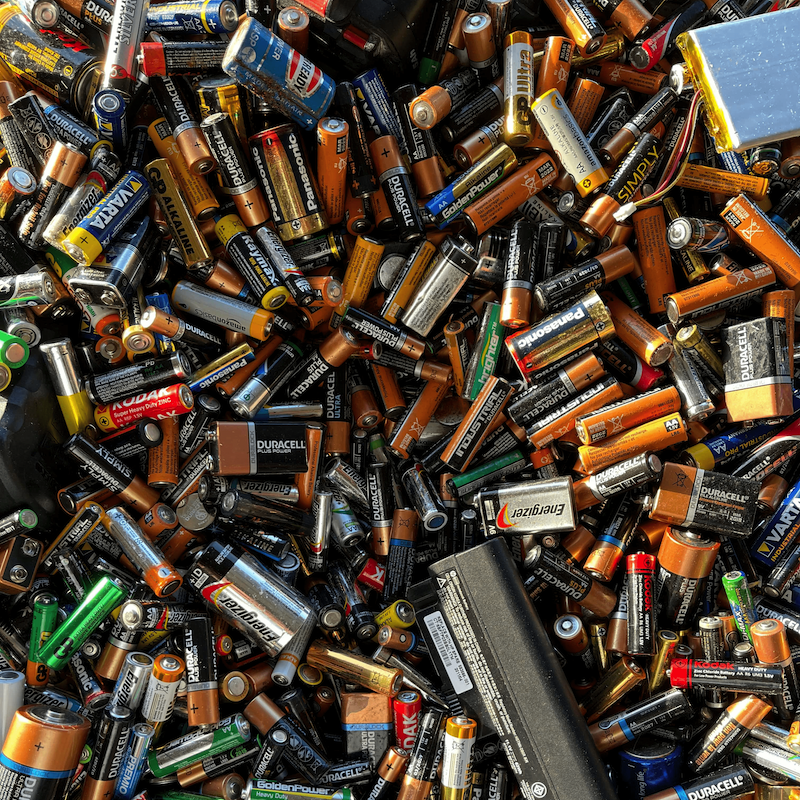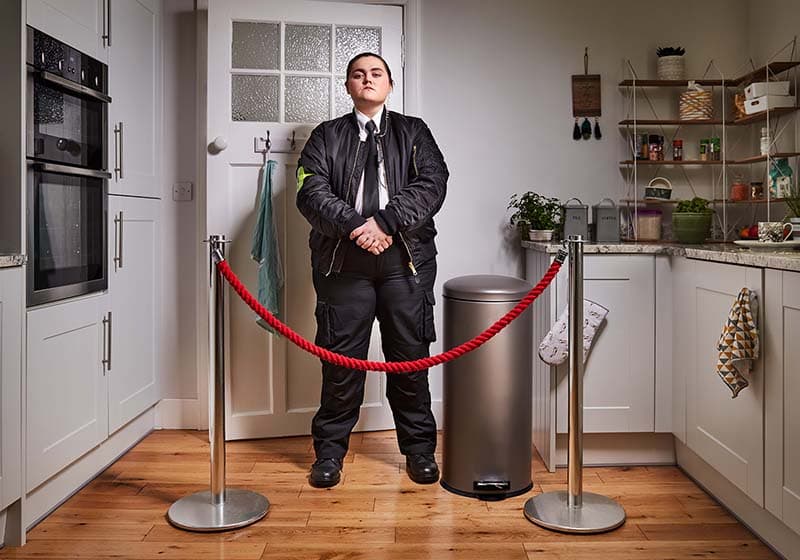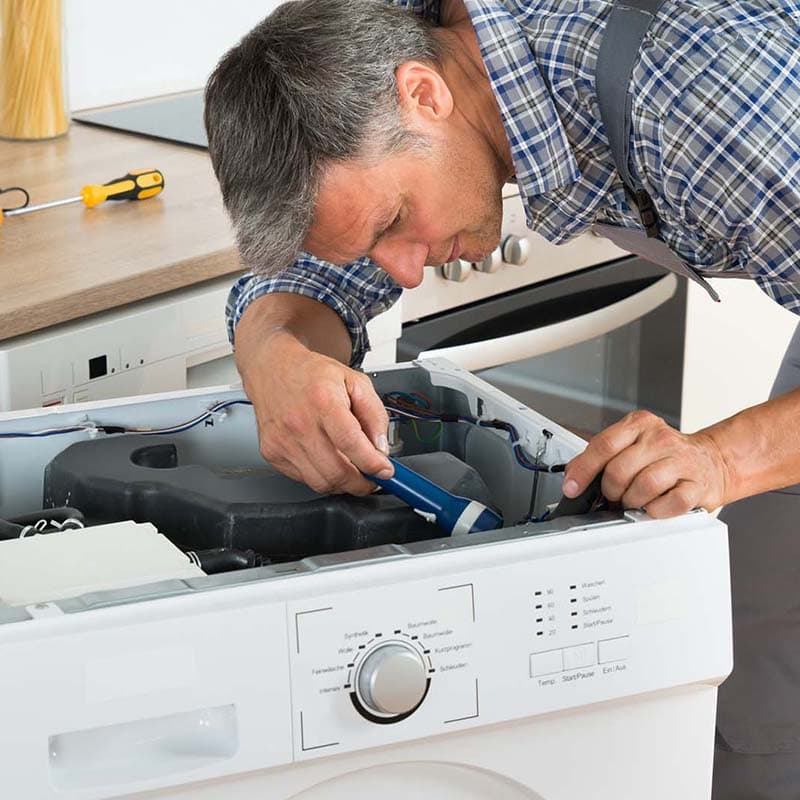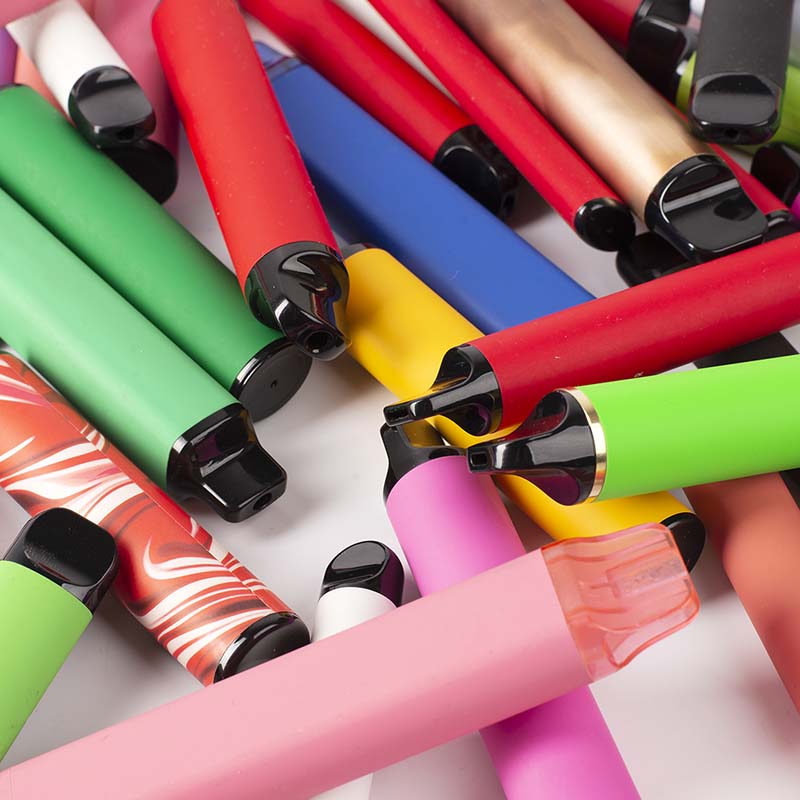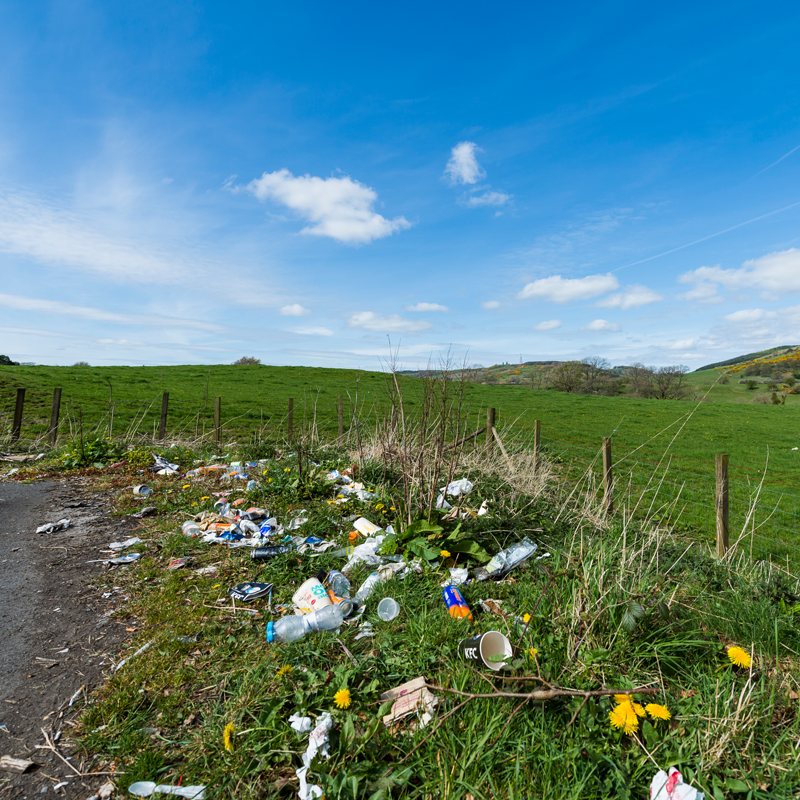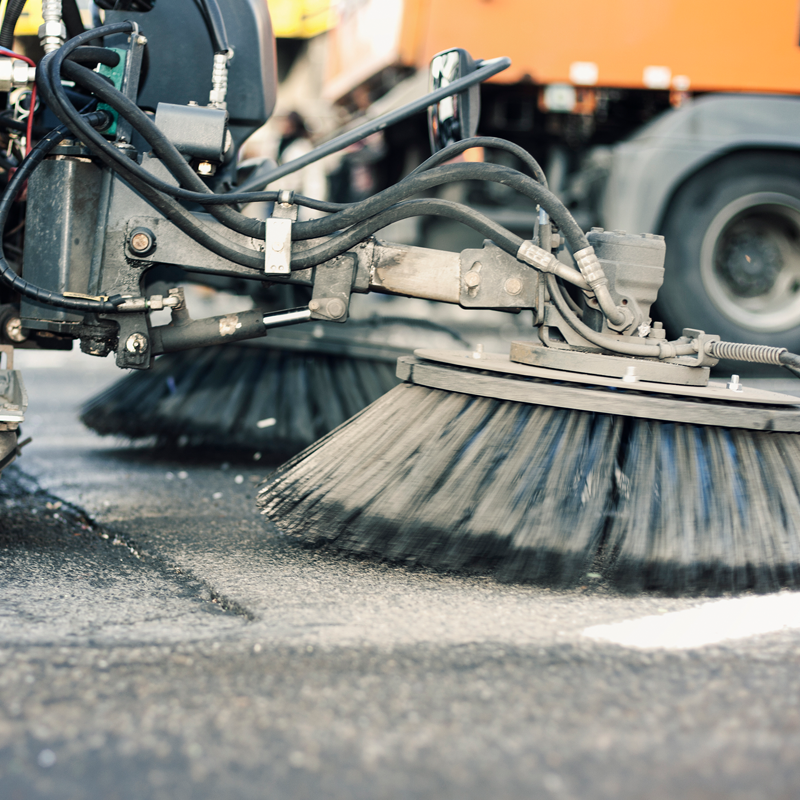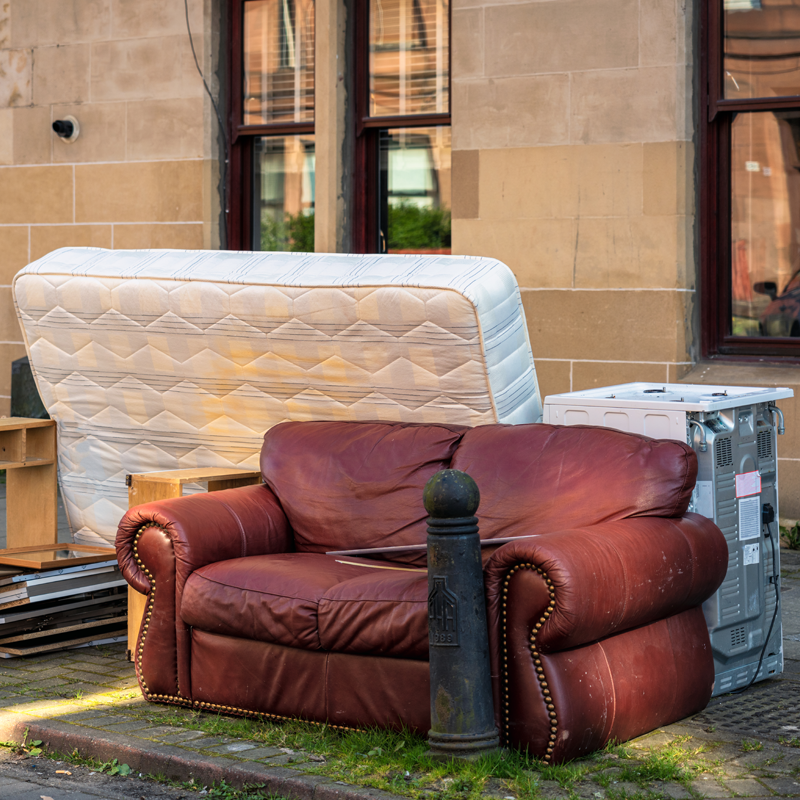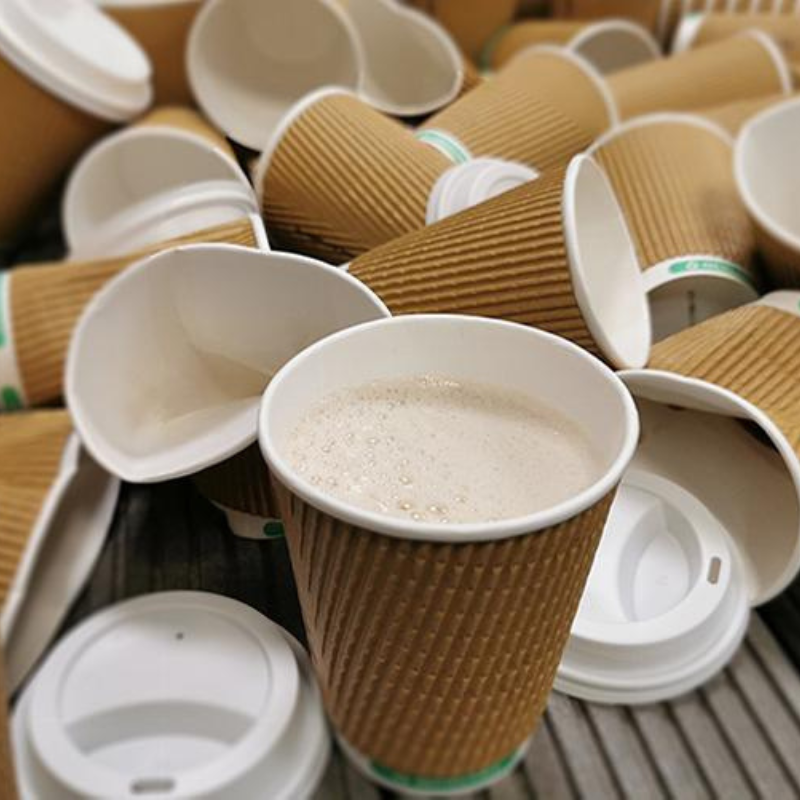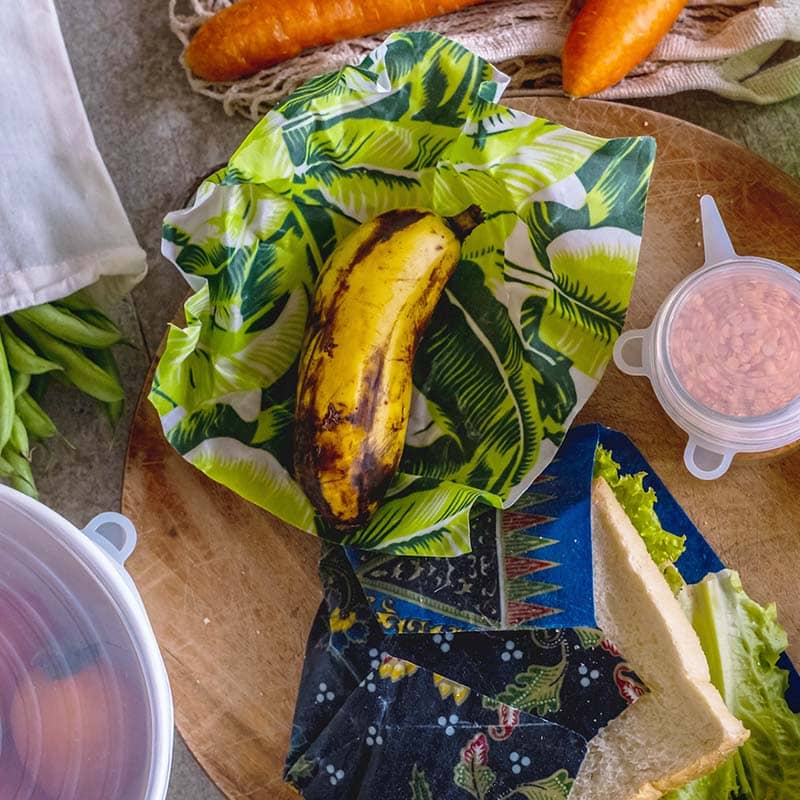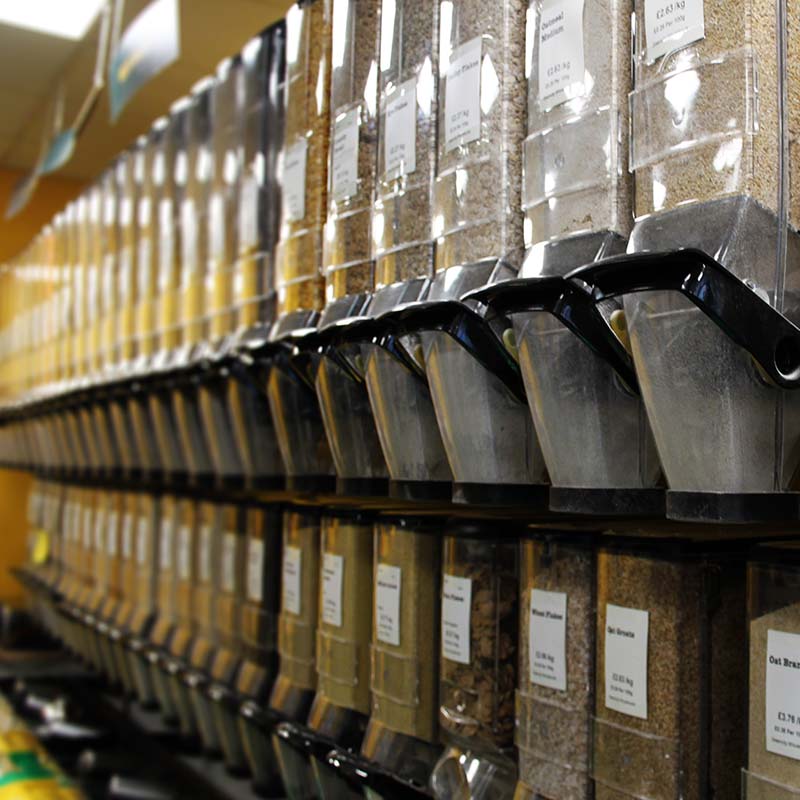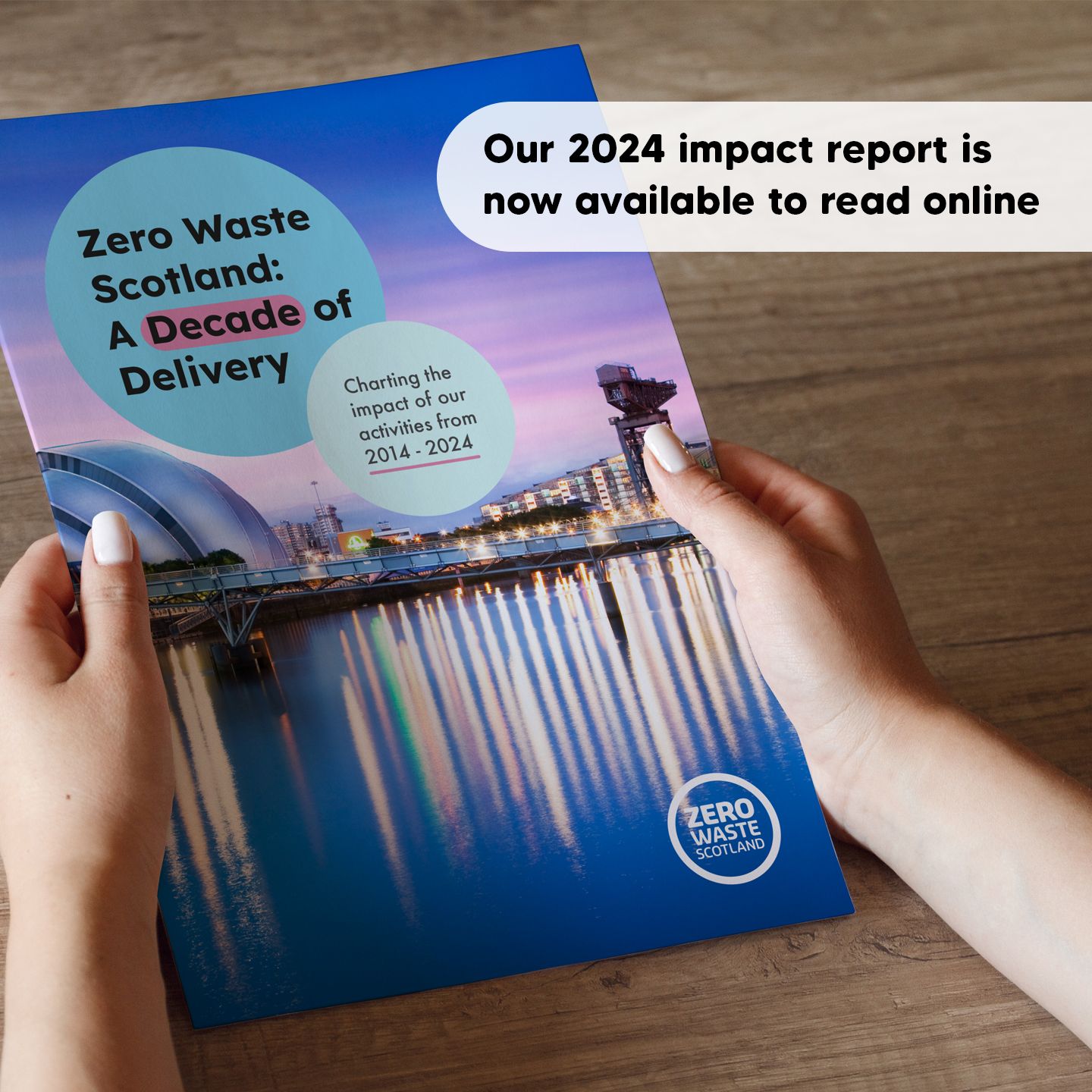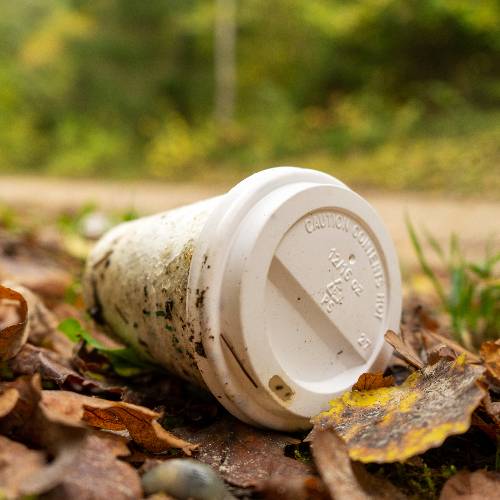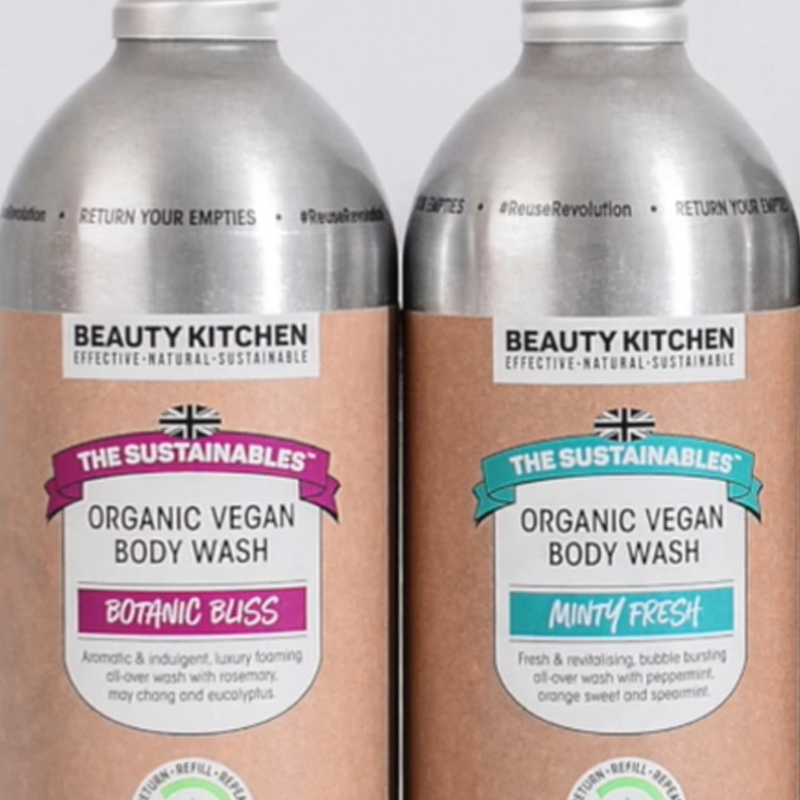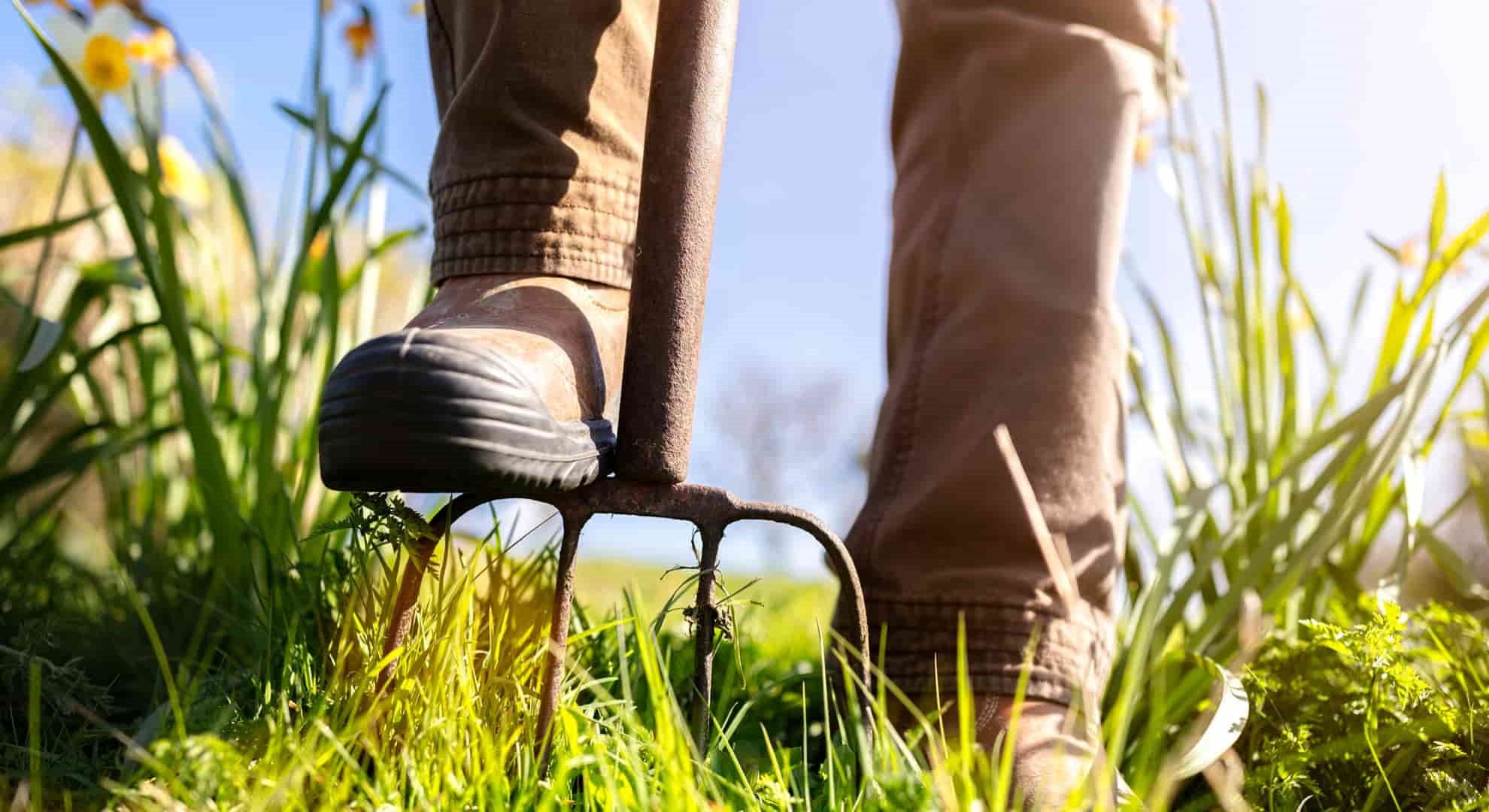
Why change matters
Everything we do in our daily lives has an impact on our planet, from the clothes we wear, to the food we eat and the things we buy. We have the information you need to make small changes that will help us tackle the climate crisis.
Why Change Matters
Everything we do, everything we buy, and everything we use has an impact on our planet. In fact, around 80% of Scotland’s carbon footprint comes from consumption. It can feel overwhelming to think about the scale of the climate crisis we face, but there are changes we can make in our everyday lives to make a difference.
Start your journey to zero
Small changes to our daily routines and shopping habits can play a part in halting the climate crisis in its tracks.
Consuming LessSingle-use plastic can take hundreds of years to break down. Choose reusable options to reduce single-use.
Plastics61% of food waste in Scotland comes from households, tackling food waste is something we can all do to make a difference.
Food WasteKnowledge is power
We’ve all heard of carbon footprints, but how many of us know what ours looks like?
Our carbon footprint is a measure of the amount of greenhouse gases produced as a result of our activities, from what we eat to what we wear and even the method of transport we choose to get around. Along with carbon dioxide these greenhouse gases are made of methane, nitrous oxide, ozone and chlorofluorocarbons.
To put it simply our carbon footprints are measured in tonnes of carbon dioxide equivalent, or CO2 eq.
Changing our relationship with rubbish
There will inevitably come a point where an item reaches the end of its usable life, and we must make decisions about how we dispose of it. When an item can no longer be used in its current form, the best option will always be to recycle, extracting the materials within the product that are still useful and can be repurposed to make something else.
This is the concept of a circular economy, where products and materials are used over and over so that we get the most out of them.
The more use we get out of a product, the more we reduce the carbon cost of its production. Making things last also minimising the need to extract more, finite materials to make new goods, and avoids the emissions associated with manufacturing, packaging and transport. It’s worth keeping this in mind at the point of purchase – how long will this last, or rather, how long can I make this last.
By buying only what we need, and avoiding buying things that are poorly, quickly and cheaply made, we can all reduce our own carbon footprints and benefit the planet.
What it means
As we go about our lives, each of our actions has a carbon consequence, from burning fuel to heat our homes, to running our cars and buses, to jetting off on our summer holidays and even to use the internet while we work and browse social media.
All these things generate gases that trap the sun’s heat, causing what we call ‘the greenhouse effect’. Around 90% of this heat is absorbed by the greenhouse gases we produce and is radiated back towards the surface of our planet.
It’s no secret that our climate is changing, becoming more extreme with significantly warmer weather recorded worldwide over the last couple of decades. Some might attempt to argue with this, using 2018’s ‘Beast from the East’ snowstorm as an example of freezing temperatures in our recent history. But you might be surprised to learn that 2018, even with its infamous thunder-snow and icy conditions, is actually the seventh warmest year recorded in Scotland since 1884.
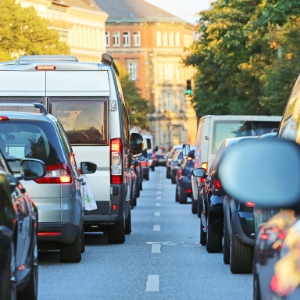
So, what can we do?
Life is a series of choices, and the decisions we make add up for our planet. Will I drive to work tomorrow morning or take the bus? Will I buy that coat I like or get another season out of the one I have? Will I order a takeaway or use up the odds and ends in the fridge?
Now, we’re not advocating for people to stop living – we all have different reasons for the choices we make and the things we do. But we can all take a step back to think about the things that really matter. Being conscious of the impacts of our decisions is the first step to making more sustainable ones.
Only 1 in 5 people in Scotland are fully aware of the negative environmental impacts of our consumption of new products. That’s a staggering proportion who are unaware of the damage done by the linear ‘make, use, dispose’ culture we currently live in.
If we can move towards a more circular economy, where we maximise the value of products and materials and make them last as long as possible, we can all help to reduce our carbon footprint.
Make small steps to big changes
- Press Release
- News & Updates

Zero Waste Scotland calls for collaborative action on food waste to curb unprecedented environmental damage

- Press Release
- News & Updates
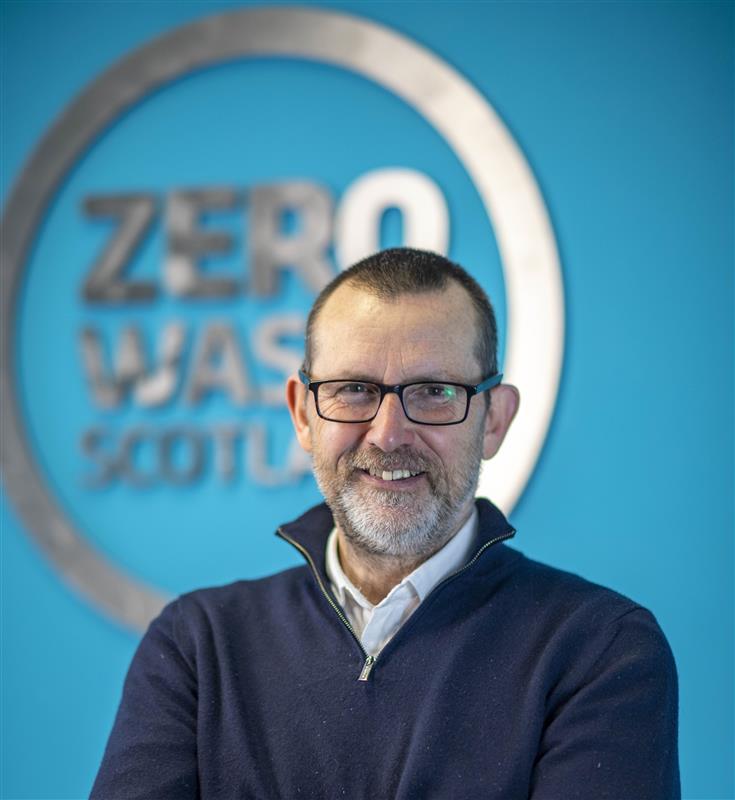
Iain Gulland to step down as Chief Executive of Zero Waste Scotland

There are currently no articles for this category.
There are currently no articles for this category.
- Press Release
- News & Updates

Zero Waste Scotland calls for collaborative action on food waste to curb unprecedented environmental damage

- Press Release
- News & Updates

Iain Gulland to step down as Chief Executive of Zero Waste Scotland

- Press Release
- News & Updates

Zero Waste Scotland calls for collaborative action on food waste to curb unprecedented environmental damage

- Article
